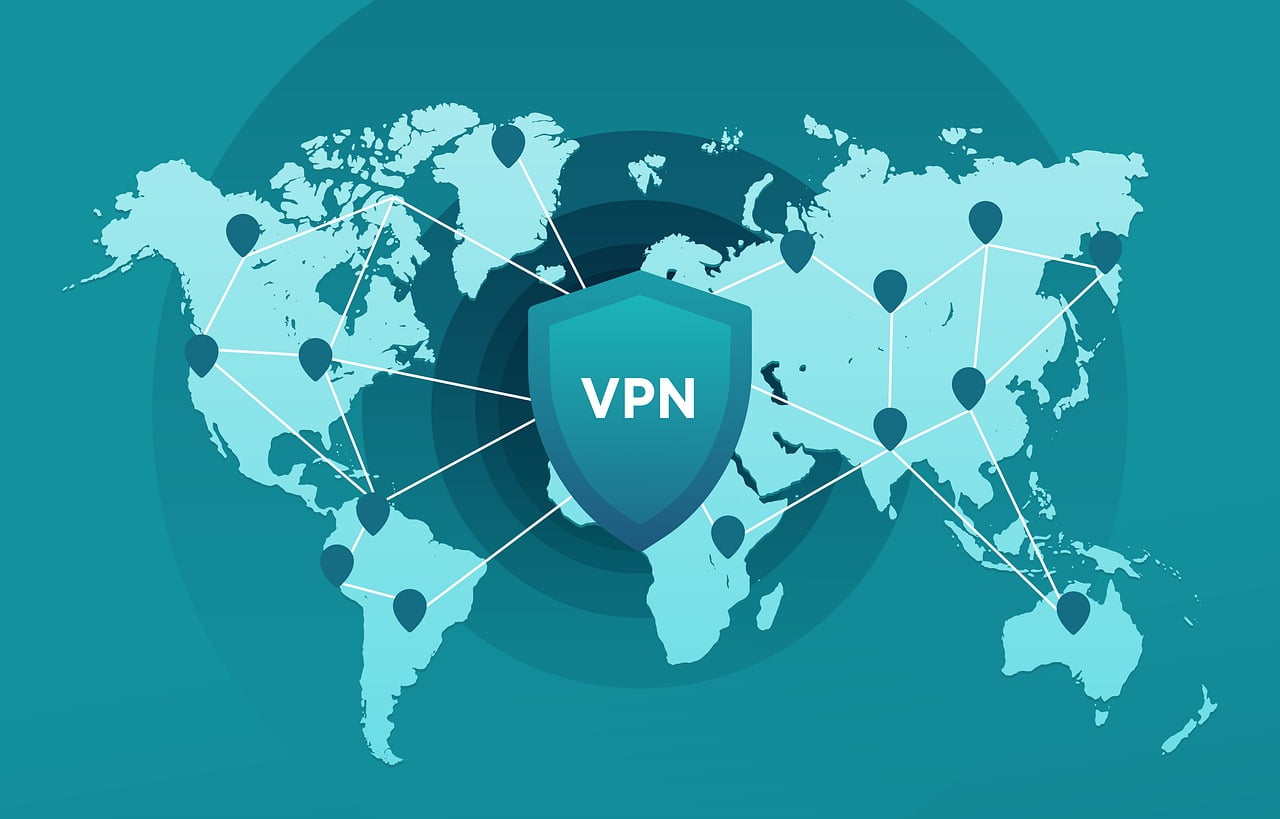Summary: MFA adds another stringent layer of security for the corporate network relying on VPNs, which ensures the right person accesses the right information. This article will guide you regarding the business advancements of using MFA for VPN when reinforcing the overall security mechanism.
Q2 2021 hedge fund letters, conferences and more
Did you know the global VPN (virtual private network) market is forecast to reach 75.59 billion U.S. dollars in 2027?
For years, enterprises have relied on virtual private networks (VPNs) to offer remote access to their internal applications.
Since VPNs offer a private and encrypted connection for a remote user to connect to applications, it’s quickly evolved as an integral part of providing connectivity and security.
However, the overall security mechanism is usually overrated for VPN use for a secure connection. Organizations just provide users their login credentials without an additional layer of security that eventually increases the risk of compromised credentials.
Here’s where multi-factor authentication (MFA) comes into play.
MFA adds another stringent layer of security for the corporate network relying on VPNs, which ensures the right person accesses the right information hence mitigating the risk.
This post guides you thoroughly regarding the business advancements of using MFA for VPN when reinforcing the overall security mechanism.
What is MFA (Multi-Factor Authentication)?
Before we inch towards the business advantages of using MFA for VPN, let’s first understand MFA.
Multi-factor authentication is a multi-layered security framework that verifies the login or transaction identities of users.
With MFA, enterprises can ensure that even if their network security’s one element is disabled or compromised, the account remains secure.
Codes generated by smartphone applications, one-time passwords (OTPs), fingerprints, verification emails, and answers to personal security questions are some examples of MFA implementations in our daily life scenarios.
Reasons Why MFA is Becoming the Need of the Hour for VPNs
Since you’ve got a fair idea about MFA and its practical uses in securing a network, let’s understand its implementation importance for VPNs.
-
Protection Against Credential Thefts
Amid the global pandemic, when the internet became the second home for most of us, and remote working ecosystems became the new normal, the world witnessed a significant increase in identity thefts.
For any enterprise, securing business data is crucial. However, protecting sensitive consumer information, including credentials and personal information, remains the top priority.
Businesses failing to secure consumer data not only face substantial financial losses but eventually end up tarnishing their brand reputation.
Adding multiple layers of security through MFA can help brands secure consumer identities, allowing them to win consumer trust for long-term relationships.
-
Consistent Security for Both On-Premise and Cloud Applications
The remote working environment has given rise to specific security challenges for both on-premise and cloud-deployed applications since employees access the same through frail networks.
IT heads of enterprises are increasingly worried about the use of personal devices and weaker lines of defense, especially in the remote-working environment where employees aren’t secure while they access VPN services through their personal devices or compromised networks.
The best way to protect crucial data and secure on-premises networks and cloud deployments is to get MFA in place.
MFA minimizes the risk of a data breach and ensures the network access is debarred temporarily if suspicious login attempts occur.
Businesses leveraging cloud services for storage or processing heavy data are increasingly relying on VPNs to ensure flawless and secure access to data.
-
Extensibility
MFA is known for its extensibility and adaptability to other areas of an organization.
Since an organization’s network isn’t just limited to a single device, adaptive MFA plays a crucial role in providing greater visibility across all risk areas, including on-premise, cloud deployments, and mobile devices.
MFA helps businesses augment visibility and offers greater control when deployed with VPNs that help mitigate every security challenge that may lead to significant financial loss.
-
Risk-Based MFA Helps Securing Network during a Suspicious Activity
Risk-based authentication or MFA helps businesses to add another security layer automatically during a suspicious login attempt.
Risk-based authentication is an advanced security mechanism that analyses a user’s behavior and automatically kicks in if a user is trying to log in using unauthorized ways.
For instance, if a user fails to log in using its credentials and tries to use different passwords (brute force attack) repeatedly, the system would automatically ask the user to prove their identity either through a security question or through email/text OTP.
-
To Achieve Regulatory Compliances
With the increasing instances of consumer data thefts, many countries have now imposed stringent regulatory compliances for businesses dealing with consumer data.
If an organization is collecting, storing, and managing user data, including name, address, and other PII (personally identifiable information), they need compliance as per a particular country’s regulations.
Many countries have added MFA as the essential element for businesses storing data of their citizens. This means if an organization is offering services to a particular country’s residents, they need to add MFA in their entire processes to enhance security.
Final Thoughts
Multi-factor authentication is increasingly becoming an industry standard when it comes to offering robust security.
The aspects mentioned above depict why MFA is becoming the need of the hour for businesses seeking growth without compromising security.
Businesses leveraging VPNs should quickly put their best foot forward to implement MFA across their organization’s network to reinforce the overall security mechanism.













